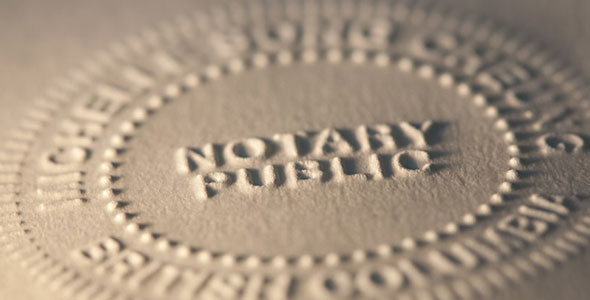Apostille Process Explained: Streamlining International Paper Verification
Wiki Article
Demystifying Notarial Job: Streamlining the Role and Relevance of Notaries
Their function, commonly shrouded in mystery for several, lugs significant weight in guaranteeing the validity and integrity of critical files. By deciphering the complexities shedding and bordering notarial techniques light on the significance of their acts, a clearer understanding arises of the vital function notaries play in promoting the textile of legal and legal agreements.The History of Notarial Work
The background of notarial work days back to ancient human beings, where scribes played an important duty in taping essential info and confirming papers. This led to the development of notaries, people appointed by the state to act as objective witnesses in lawful matters.
Throughout the Center Ages, notaries obtained prestige in Europe, with their functions broadening to consist of preparing lawful files, certifying trademarks, and maintaining records. The surge of global trade additionally stressed the significance of notarial job in verifying contracts and agreements throughout borders.
In the modern-day age, notaries proceed to play an essential duty in lawful and organization purchases by confirming identifications, verifying the credibility of documents, and stopping fraud. Their duty in accrediting the validity of agreements adds a layer of safety and depend on to the ever-evolving landscape of business and law.

Duties and Responsibilities of Notaries
Notaries play an important role in validating the credibility of papers and the identity of signatures. One of their key responsibilities is to witness the signing of crucial files, such as contracts, actions, and wills, to guarantee that all celebrations are getting in into contracts purposefully and willingly.They accredit duplicates of original files, giving guarantee to institutions that the duplicates are real replicas of the originals. Overall, the responsibilities and obligations of notaries are crucial in securing the stability and validity of various documents and transactions - Conveyancer.
Notarial Certificates and Signatures
Exemplifying meticulous interest to detail, notarial certificates and signatures act as crucial elements in verifying the credibility of legal papers. Notarial certifications normally have essential information such as the date of notarization, the names of the notaries, a description of the paper, and the notary's main seal. These certificates offer a clear document of the notarial act, making certain that the paper can be easily determined and mapped back to the notary who looked after the procedure.Signatures play a critical role in notarial job, as they represent the contract and consent of the events entailed. Notaries thoroughly witness the finalizing of papers to validate the identity of the signatories and validate that they are authorizing of their very own free choice. By fastening their main seal and signature to the record, notaries certify that the essential treatments have actually been followed which the document is legitimate and enforceable.
Fundamentally, notarial certifications and trademarks are the hallmark of authenticity in legal deals, supplying guarantee to all events included that the more tips here documents are legitimate and binding.
Significance of Notarial Acts

Notarization Process Explained
Clarifying the notarization procedure offers clarity on the essential actions included in validating legal records. The notarization process generally begins with the individual presenting the document to a notary public. The notary then confirms the here are the findings signer's identity with acceptable identification techniques. Once the identity is confirmed, the notary makes certain that the individual signing the file does so willingly and without any browbeating.:max_bytes(150000):strip_icc()/GettyImages-598314157-cb6389c9e28f4c1aaf002263febab019.jpg)
Final Thought

Notarial certificates typically include vital info such as the day of notarization, the names of the signatories, a summary of the paper, and the notary's official seal. These certifications give a clear document of the notarial act, ensuring that the document can be quickly determined and traced back to their website the notary that looked after the procedure.
By affixing their official seal and signature to the document, notaries license that the necessary procedures have been followed and that the record is enforceable and valid.
By verifying the identification of the signatures, validating their willingness to get in into the contract, and certifying the day and place of the finalizing, notaries play a critical duty in maintaining the legitimacy of legal files.After the file is signed, the notary will certainly attach their main seal or stamp onto the document.
Report this wiki page